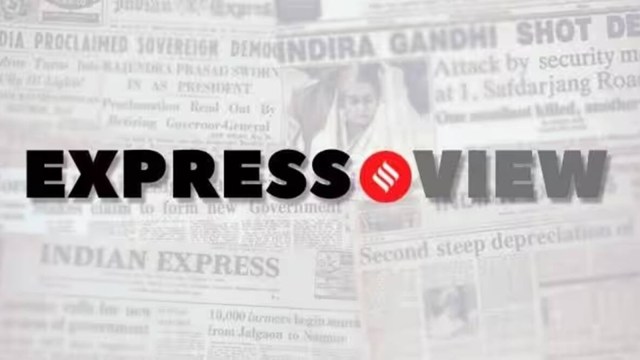
While granting bail to an accused in a money laundering case, Prem Prakash vs Enforcement Directorate, the Supreme Court has underlined that the legal principle “jail is the exception, bail is the rule” will apply even in cases registered under the Prevention of Money Laundering Act (PMLA). The underlining of this established principle is welcome — it recognises that prolonged pre-trial incarceration is a punishment in itself. The verdict by two judges who are in line to be Chief Justice of India is a significant signal that on bail, the thinking of the apex court has been shifting for some time now. That shift is welcome — and overdue. Two years ago, in the consequential Vijay Madanlal Chaudhary v Union of India ruling, the SC had upheld the stringent provisions of the PMLA. That ruling came amidst disquiet caused by a surge in the Centre’s use of the Enforcement Directorate against political opponents — the court of last resort seemed to brush aside the fears of misuse. The Vijay Madanlal Chaudhary ruling is still the law of the land. However, since then, several small but significant rulings by the Court have taken the sting out of the verdict.
In October 2023, a bench of Justices A S Bopanna and P V Sanjay Kumar held that informing the grounds on which a person is arrested in writing “would be necessary, henceforth” for the ED. The court directed that a copy be furnished to the arrested person, without exception, as a matter of course. This was a departure from the Vijay Madanlal ruling, which had said that the sharing of the ECIR with the accused, akin to an FIR for the ED, was not mandatory. Again, in July, while granting bail to Delhi Chief Minister Arvind Kejriwal in the excise policy case, the SC raised crucial questions over the ED’s vast powers to make arrests. Even as it referred the case to a larger bench, the Court held that the ED official’s “reasons to believe” that a person is “guilty of the offence” in order to make an arrest must also be given in writing to the accused. A written record allows the accused to challenge an illegal arrest in court. These safeguards are especially crucial since the law imposes a high bar for granting bail.